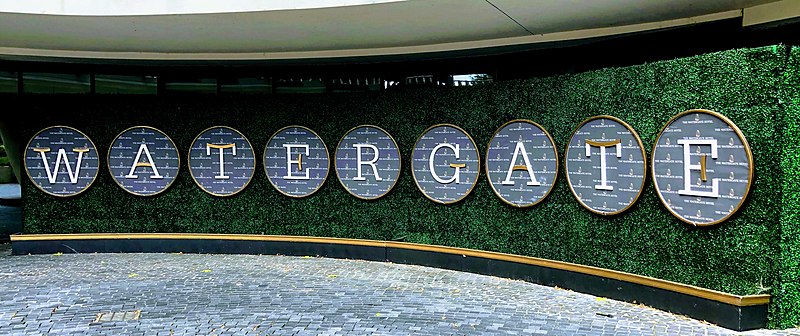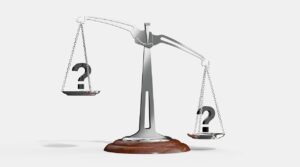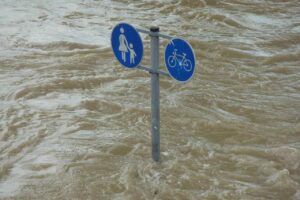Ten of the Biggest Political Scandals in US History

Attribution: Wikicommons: https://commons.wikimedia.org/wiki/File:Watergate_Hotel_Circular_Drive_Entrance.jpg.
The annals of American history are marked not only by triumphs and accomplishments but also by the shadows cast by political scandals that have rocked the nation. This recounting delves into ten of the most significant political scandals that have shaped the course of the United States over the years.
- Teapot Dome Scandal (1921-1923): During President Warren G. Harding’s administration, Secretary of the Interior Albert B. Fall leased government-owned oil reserves in Teapot Dome, Wyoming, to private oil companies in exchange for bribes. The scandal exposed corruption at the highest levels of government and led to a national outcry for transparency and accountability.
- Watergate Scandal (1972-1974): Perhaps the most famous political scandal in U.S. history, the Watergate scandal involved a break-in at the Democratic National Committee headquarters by operatives linked to President Richard Nixon’s re-election campaign. The subsequent cover-up and Nixon’s involvement eventually led to his resignation, marking a dark chapter in American politics.
- Iran-Contra Affair (1985-1987): During President Ronald Reagan’s administration, senior officials secretly facilitated the sale of arms to Iran and redirected the proceeds to fund anti-Sandinista rebels in Nicaragua, known as Contras. The scandal revealed a complex web of covert operations, violating both arms embargo and Congressional intent.
- Monica Lewinsky Scandal (1998-1999): President Bill Clinton’s affair with White House intern Monica Lewinsky led to his impeachment by the House of Representatives on charges of perjury and obstruction of justice. The scandal captivated the nation and raised questions about the balance between personal conduct and political responsibilities.
- Valerie Plame Affair (2003): The outing of CIA officer Valerie Plame’s identity by members of the George W. Bush administration as retribution for her husband’s criticism of the Iraq War revealed the lengths some officials were willing to go to suppress dissent and control information.
- Jack Abramoff Scandal (2005-2006): Lobbyist Jack Abramoff was involved in a wide-ranging bribery and corruption scheme, influencing lawmakers with gifts and campaign donations in exchange for legislative favors. This scandal exposed the manipulative power of lobbyists and fueled calls for campaign finance reform.
- Edward Snowden NSA Leaks (2013): Former National Security Agency (NSA) contractor Edward Snowden leaked classified documents that revealed extensive government surveillance programs collecting data on American citizens. His actions ignited a global debate about privacy, government surveillance, and the balance between national security and individual rights.
- Hurricane Katrina Response (2005): The mismanagement and inadequate response by federal, state, and local authorities to the devastation caused by Hurricane Katrina led to widespread suffering in New Orleans. The government’s inability to effectively respond to a national crisis highlighted issues of disaster preparedness and racial disparities.
- Enron Scandal (2001-2002): The Enron scandal exposed corporate fraud and accounting manipulation that resulted in the collapse of one of the largest energy companies in the world. The scandal had far-reaching consequences, including the dissolution of Arthur Andersen, one of the five largest audit and accountancy partnerships globally. Many conclude that Enron was an example government lack of oversight on a massive scale.
- January 6th Attempted Insurrection (2021): In an unprecedented event, supporters of then-President Donald Trump stormed the U.S. Capitol on January 6th, 2021, seeking to overturn the certification of the 2020 presidential election results. The insurrection highlighted the fragility of democracy, the power of misinformation, and the importance of preserving the peaceful transfer of power.
These ten political scandals underscore the complexity and challenges of governance in the United States. Each scandal shaped public perception, policy reforms, and the evolution of democracy. While some scandals exposed systemic flaws, others emphasized the importance of checks and balances, transparency, and ethical leadership to ensure a brighter future for the nation.












